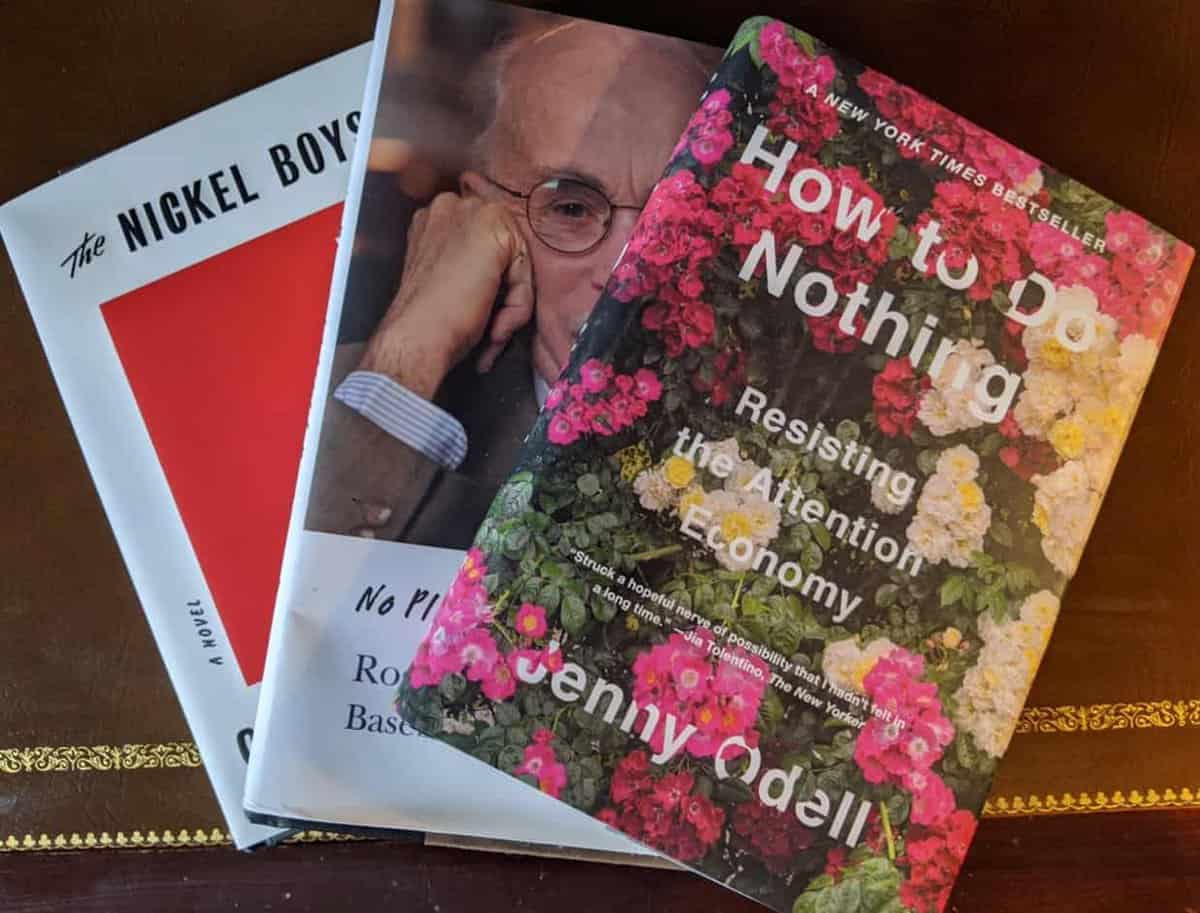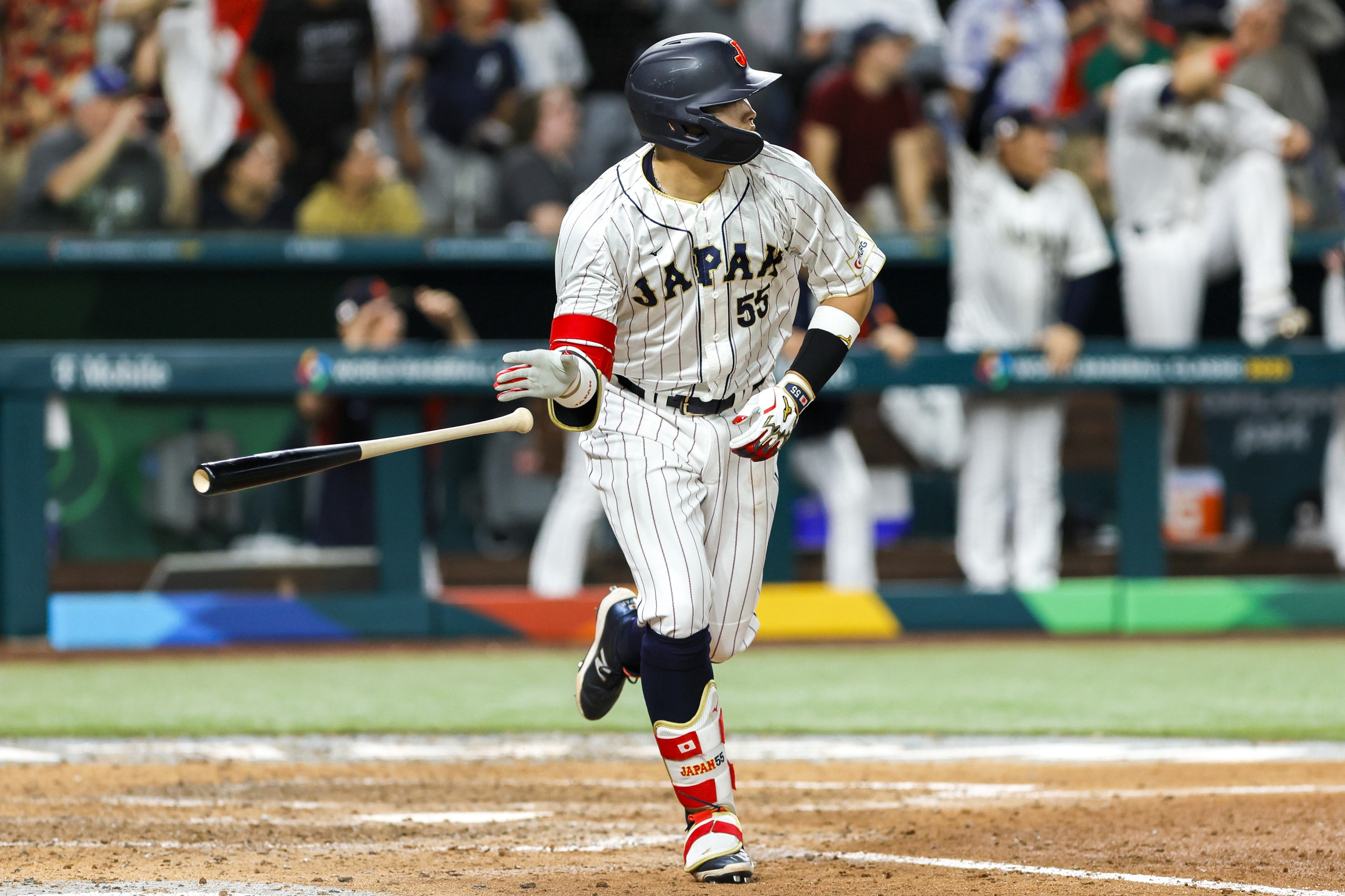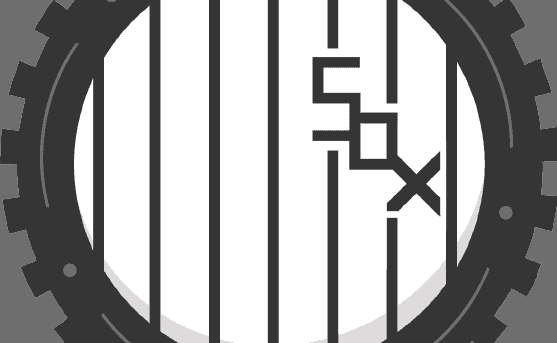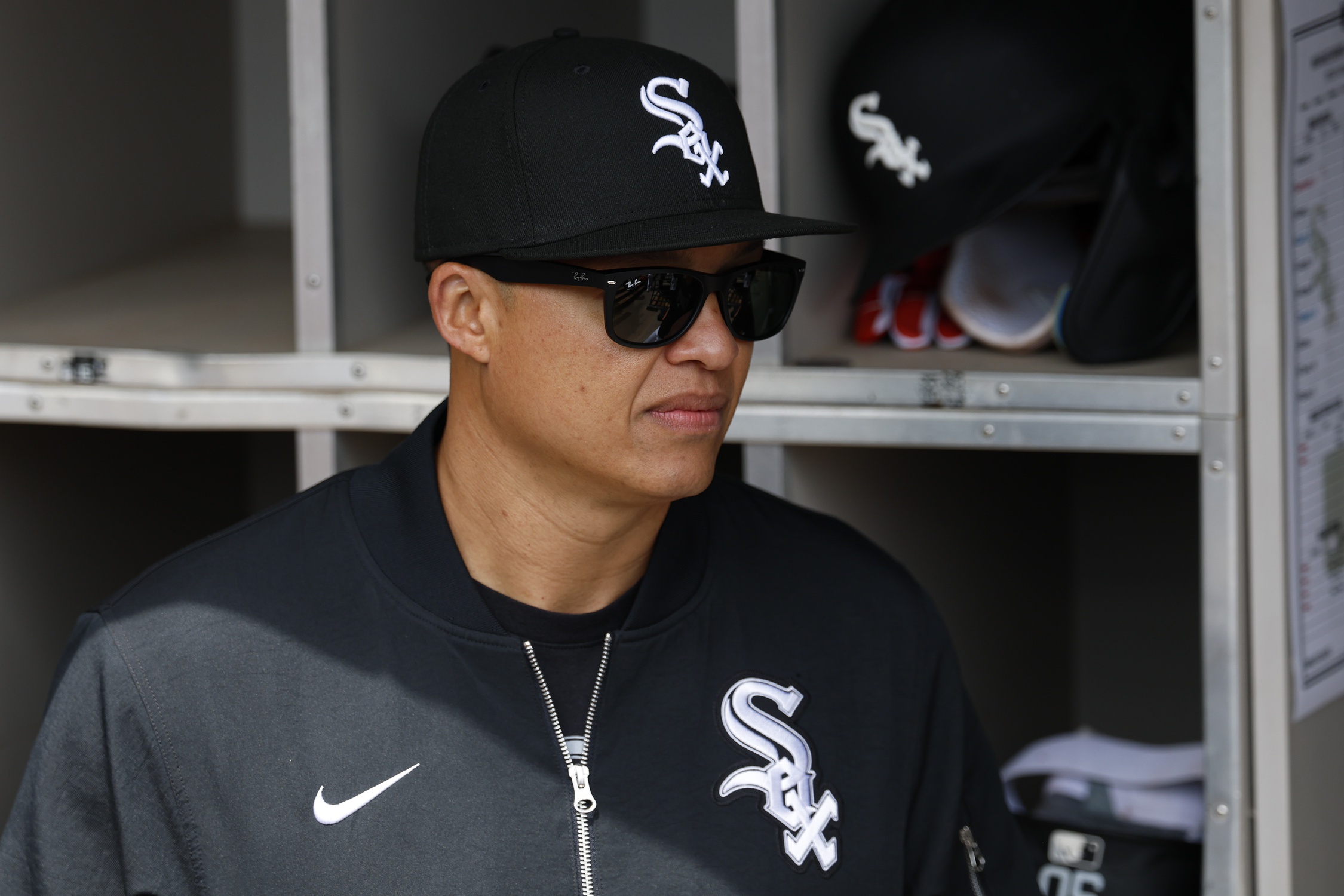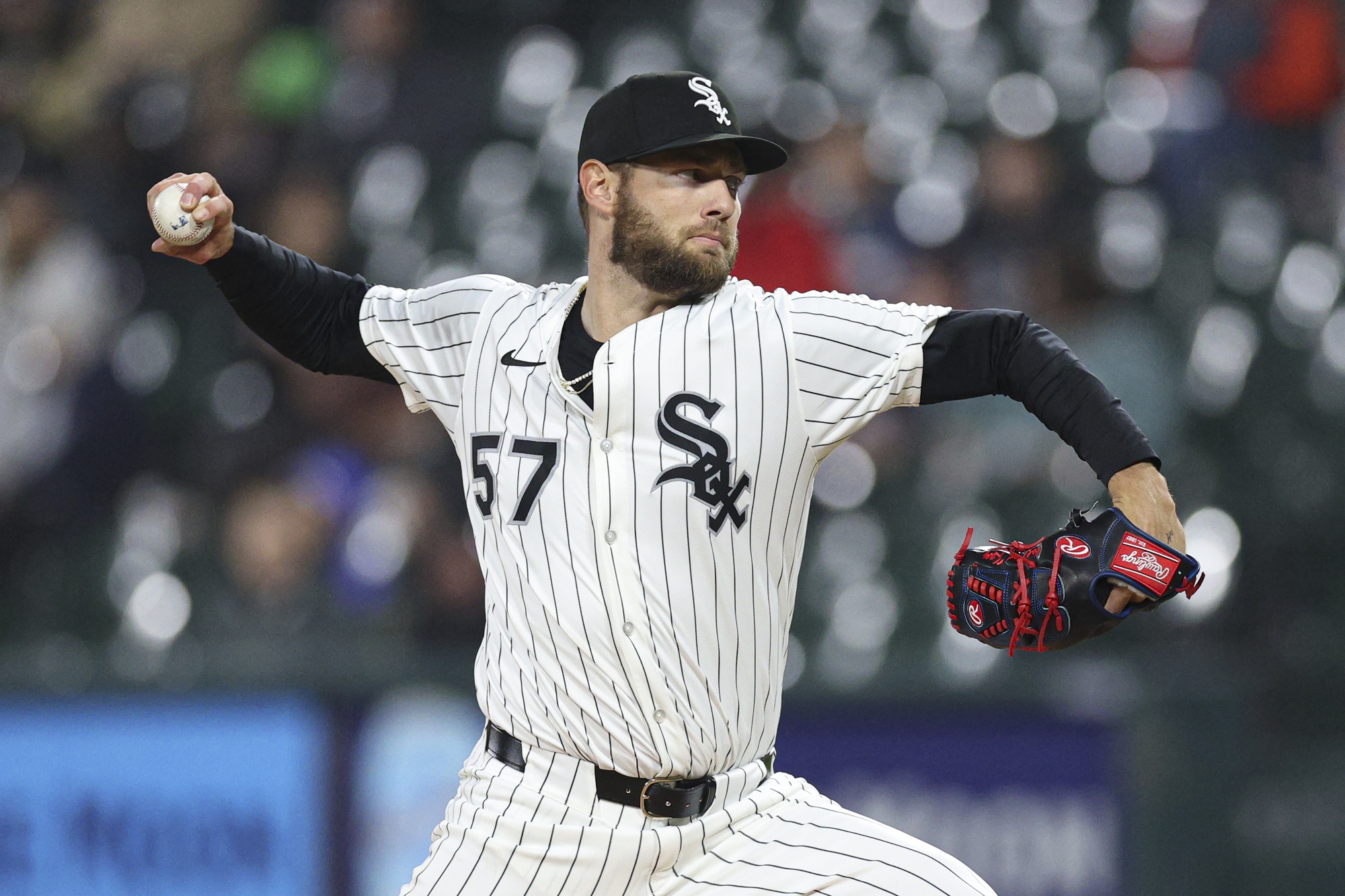I generally try to read one non-baseball book for every baseball book, in the interest of interests. Knowing that it was going to be a good spring for baseball releases, I've largely stayed away from the genre, so we haven't had a "What are you reading?" post in a while.
That'll change over the coming months. The spring has a number of releases I'm going to pick up -- the new Fielding Bible, and new books by Keith Law and Kiley McDaniel/Eric Longenhagen among them. I like the idea of the book club in some form, and I'll have to look into how those things are done.
Also, the last two times I went to The Strand in New York, I found used copies of Jon Pessah's The Game and John Helyar's Lords of the Realm, and picked them up solely for how often Jerry Reinsdorf was cited in the index. I figured they might eventually come in handy for writing about potential labor stoppage, but a pandemic stoppage might open up the time to read them long before.
In the meantime, here are four books I've recently read that I'd recommend adding to your queue. As always, consider buying through an independent bookstore (especially during these times), and also share your recommendations.
How To Do Nothing: Resisting the Attention Economy by Jenny Odell
When I ordered this book, I had no idea that a lot of people would be wrestling with the issue implied in the title by the time I finished it. The publisher might make a fortune for people assuming it's an instructional guide during quarantine, but it's not that. It's more a series of connected treatises about the toll of feeding the beast, whether it's the endless scrolling of social media platforms, the prioritization of optimization and productivity, and seeking progress without evaluating any residual damage.
The meandering style of some essays occasionally felt like a challenge, in that if I bailed on a chapter or paused my reading, I'd failed the test by not finding the present interesting enough. Odell is an artist and lecturer at Stanford, so she has a lot of time to explore parks and watch birds, and while she recognizes her freedom, I can see someone with two jobs and three kids finding little common ground. In a busier time with more places to be, I might've quit halfway through or flipped past what I felt were digressions, and hoped I didn't feel too guilty about it.
But whatever parts required me to persevere, I found the essays ultimately paid off in articulating some of my own concerns -- some strongly held, some lower-grade sensed -- about the erasures of boundaries and flattening of contexts. When there's less separation between work life and home life, and overall life is channeled through platforms that intermix your colleagues, friends and family with no natural way to elevate one over the other, there are natural forces urging non-public figures to be always "on." Then on the consumer side, the homogenization of news and opinion into platforms that elevate outrage and anxiety while making no visible distinction between credible outlets and "my friend's friend's aunt" put a premium on critical reading, and maybe well before people are even taught how.
In both cases, it's probably good to know how to withdraw in order to regroup with intent, and if this book has any real how-to in it, it's probably that.
No Place I'd Rather Be: Roger Angell and a Life in Baseball Writing, by Joe Bonomo
This book also made me feel guilty, in that I'm nowhere near a Roger Angell completist, and there's no real good reason for it. The author, who hangs around here under the name "bonomo," says early on that it's not a biography of the legendary New Yorker baseball writer, and that's true. But it's kind of a biography of Angell's process, in that Bonomo treats it as a living being, shaped by experiences that ordinarily wouldn't be public knowledge.
Bonomo seems thrilled by the opportunity to wade knee-deep into Angell's marginalia, which is my sort of thing. My favorite museum exhibits delve into the life's work of the subject, rather than just the finished pieces. I like seeing the sketches, the notes, the questions, the half-baked ideas that get abandoned, or incorporated into some other project.
For somebody who writes about baseball, there's naturally value in seeing how a great baseball writer went and goes about his business, even though Angell's powers of observation can be demoralizing at times when I compare them to my own. That said, if you want to be enjoying baseball at 99 as much as you did at 9, then you may also want to study what such a person looks for.
I've now read a book by and/or about 20 percent of U.S. presidents after covering this account of Andrew Johnson's impeachment. It served a dual purpose to me, filling a knowledge gap between what I'd read about Abraham Lincoln and Ulysses Grant, and it's also the closest thing the country has experienced to the current political environment.
It gets a little bogged down in the details when tracking the mindset of the senators during the vote that ultimately resulted in Johnson's acquittal, but by then, I'd already gotten what I'd needed to know about Johnson's willing mismanagement of the Reconstruction.
The Nickel Boys, Colson Whitehead
It technically qualifies as fiction, but The Nickel Boys is based on a real Florida reform school that was a prison at best, and a chamber of unspeakable horrors at its worst, and it's seen through the eyes of two black boys who experience the latter during the 1960s.
Like his previous book, the descriptions of the atrocities are fittingly visceral, and require steeling yourself. But whereas The Underground Railroad employed the literal train metaphor and tour of the states that occasionally ventured into a territory close to satire, this one is written with an unsparing hatred of the circumstances, and it stays with you.
